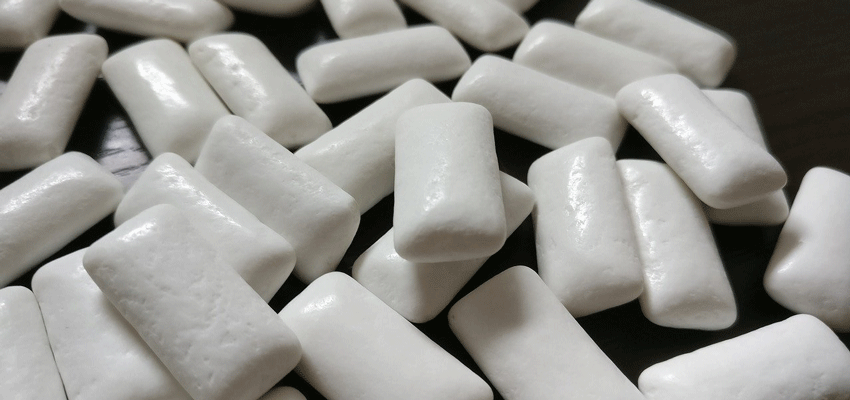Titanium dioxide (TiO2) is a white colour pigment that was approved as food additive E171. In the meantime, the EU Commission has classified the additive as unsafe and banned it as of Feb. 7, 2022.
France, but also Switzerland, has already withdrawn approval for titanium dioxide at national level because the suspicion of genotoxic effects could not be dispelled. As a food additive, E171 was mainly found in sweets, fine baked goods, soups, broths and sauces, delicatessen salads and spreads. The pigment was suitable as a colour additive and produced highly glossy surfaces on dragées and decorative ingredients. Following the ban, the food industry was granted a six-month transition period until August of this year so that products that have already been manufactured or are already on the market do not have to be destroyed. It was not the titanium dioxide itself, but the high proportion of nanoparticles < 100 nm that triggered the re-evaluation of the additive. A maximum permissible amount regulation is still pending.
YOUR PLUS: AGROLAB offers the determination of titanium or titanium dioxide at the AGROLAB Iberica site in Tarragona. However, the analysis can be conveniently ordered through any AGROLAB food laboratory in Europe at no additional cost.
The rare metal is quantified after sample digestion using ICP MS (ion-coupled plasma mass spectroscopy). In this method, the metal itself is determined, and the particle size of the TiO2 is irrelevant.
Author: Frank Mörsberger

 Contact
Contact

 Contact
Contact Career
Career